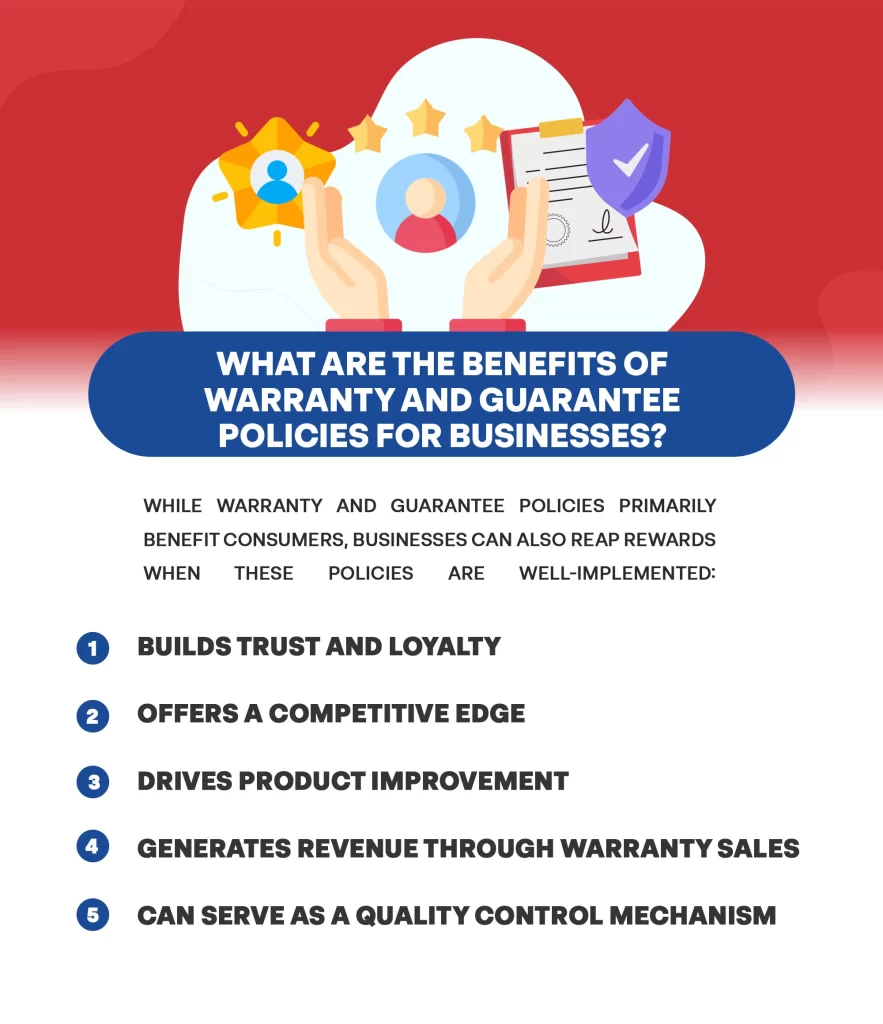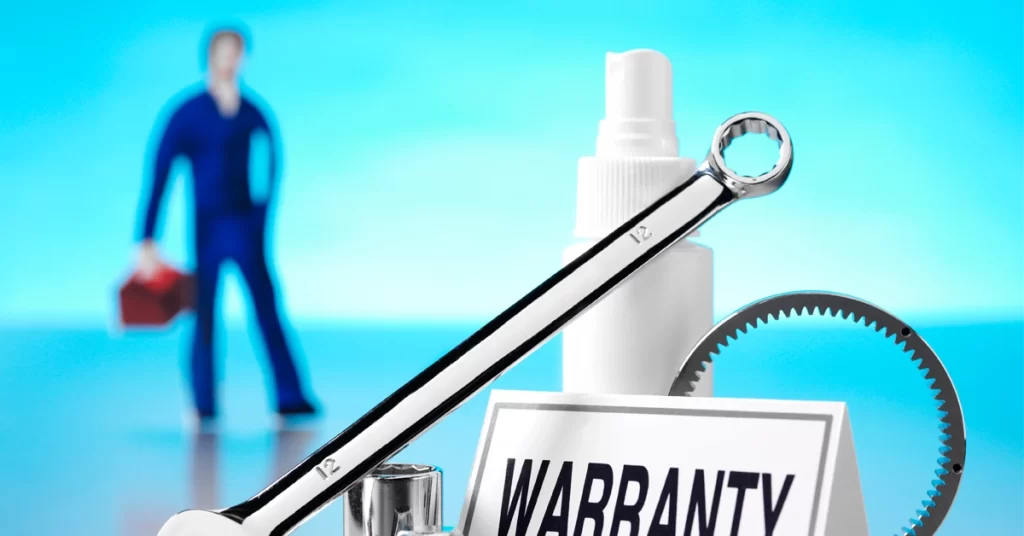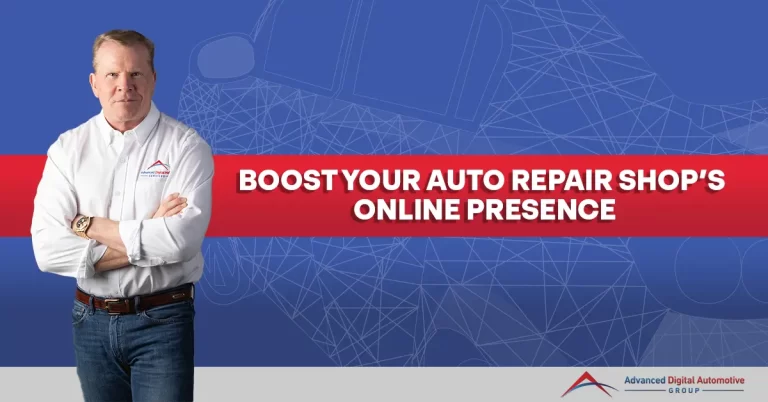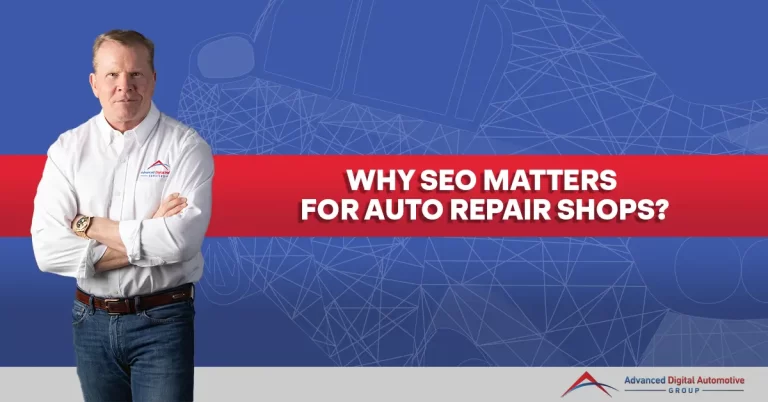Warranty policies and guarantee policies are essential for businesses and consumers. They provide security, confidence, and quality assurance. In this article, we will explore the long-term benefits of these policies and how they contribute to customer satisfaction and business success.
When purchasing a product or service, customers naturally want to feel secure and confident in their decision. This is where warranty policies and guarantee policies play a vital role. These policies provide various forms of protection, ensuring that businesses deliver on their promises and customers receive the value they expect.
Nowadays, in the digital automotive industry, having strong warranty and guarantee policies is more critical than ever. The rapid evolution of technology and the increasing complexity of automotive systems have made it necessary for businesses to provide reliable and comprehensive warranty coverage. Let’s explore the long-term benefits of these policies in the automotive context.
What are the key differences between warranty and guarantee?
While both warranty policies and guarantees offer consumer protection for purchased products or services, they differ in several important ways:
1. Nature of the contract
A warranty is a formal contract that outlines the terms and conditions for receiving repairs, replacements, or refunds. In contrast, a guarantee policy is a more general promise of quality or performance.
2. Separateness
A warranty is a separate document from the sales agreement, while a guarantee policy is often included in the sales agreement or prominently displayed at the point of purchase.
3. Legal requirements
Warranties are subject to specific laws, such as the Magnuson-Moss Warranty Act in the United States, which sets standards for warranty information and enforcement. On the other hand, a guarantee policy has no such legal requirements and can vary in terms and coverage.
4. Coverage
Warranties typically cover defects in materials, workmanship, and performance, while a guarantee policy focuses on the product or service’s overall quality, reliability, and functionality.
5. Time Duration
Depending on the product, most warranties have a fixed duration, ranging from a few months to several years. In contrast, a guarantee policy may have a different timeframe, including short-term guarantees for immediate satisfaction and long-term guarantees for ongoing services or performance.
6. Marketing Emphasis
Warranties are often used as marketing tools to instill confidence in the product and attract customers. Their details are prominently featured in product descriptions and sales materials. Guarantees, on the other hand, are more focused on highlighting the benefits and outcomes the customer can expect. They are positioned as symbols of the company’s commitment to customer satisfaction.
7. Remedies
Warranty policies offer remedies such as repairs, replacements, or refunds, as specified in the contract. Guarantees, however, allow the customer to seek a refund, repair, or replacement but are not necessarily bound to offer these remedies.
What are the benefits of warranty and guarantee policies for consumers?
Now, let’s dive deeper into the benefits of warranty and guarantee policies for consumers:
1. Provides financial protection
The most obvious benefit of warranty and guarantee policies is that they provide financial protection. These policies cover the cost of repairs, replacements, or refunds, saving consumers from incurring additional expenses in case of product defects or failures.
Having a warranty or guarantee policy can significantly reduce the financial burden of unexpected repairs when it comes to vehicles, which are complex machines prone to wear and tear. Depending on the terms of the warranty, the vehicle owner may only need to pay a deductible or, in some cases, nothing at all.
2. Offers peace of mind
Warranties and guarantees offer more than just financial protection; they also provide peace of mind. Knowing that you are covered if something goes wrong with your purchase can alleviate the stress and worry that often accompany such situations.
In the case of extended car warranties, the peace of mind is extended as well. This is one of the benefits of extended warranties. Vehicle owners can drive confidently, knowing that the warranty provider will take care of the necessary repairs, ensuring the car’s prompt return to the road.
3. Enhances the overall value of the product
Warranty policies and guarantees can enhance the overall value of the product. These policies signify that the manufacturer or seller has confidence in the quality and performance of the offering. As a result, consumers perceive the product as more reliable and are more likely to choose it over competitors that do not offer similar warranty coverage.
A strong warranty or guarantee policy can significantly impact a car’s value in the automotive industry. Many consumers are willing to pay a premium for a vehicle with an extended warranty because it represents an added layer of security.
4. Promotes customer satisfaction
Warranty policies and guarantees play a vital role in promoting customer satisfaction. These policies show that the company is committed to ensuring its customers’ happiness and is willing to stand behind its products by addressing any issues that may arise.
Customer satisfaction is crucial for building long-term relationships and fostering positive word-of-mouth in the automotive industry. A satisfied customer is more likely to become a repeat buyer and recommend the brand to others. On the other hand, offering a solid warranty and guarantee policy can help attract new customers.
5. Provides options for customization and flexibility
Some warranty policies offer options for customization and flexibility. For example, in the automotive industry, manufacturers often provide different warranty packages, allowing customers to choose the coverage that best suits their needs and budget.
These options can be beneficial as they allow consumers to tailor the warranty to their specific requirements. If a customer plans to keep the vehicle for an extended period, they can opt for a longer-term warranty for more comprehensive coverage. Conversely, if the customer anticipates selling the car soon, they can choose a shorter-term warranty or guarantee policy that will still benefit the new owner.
What are the benefits of warranty and guarantee policies for businesses?

While warranty and guarantee policies primarily benefit consumers, businesses can also reap rewards when these policies are well-implemented:
1. Builds trust and loyalty
A robust warranty or guarantee policy can build trust and loyalty among customers. When a business is willing to take responsibility for any product issues, it shows confidence in the quality of its offerings. Customers often reciprocate this confidence through repeat purchases and positive recommendations to others.
2. Offers a competitive edge
Warranty and guarantee policies can provide a competitive edge. In many industries, these policies have become standard offerings, and companies that fail to provide them may appear less attractive to potential customers.
In the automotive industry, well-structured warranty policies can be a differentiating factor. Many car buyers consider warranty coverage a significant criterion in their purchase decision. Thus, an attractive warranty can sway customers toward choosing one brand over another.
3. Drives product improvement
Warranty policies and guarantees can also drive product improvement. When a business receives feedback or experiences a high number of warranty claims for a specific issue, it serves as a signal to the company’s product development and quality assurance teams.
In the automotive industry, warranty data is particularly valuable. It can help identify recurring problems and guide the necessary adjustments to enhance the reliability and durability of the vehicles.
4. Generates revenue through warranty sales
Some warranty policies, particularly those offered separately as extended warranty plans, can generate additional revenue for the business. These plans are often sold at a premium, and the income from their sales can offset the costs of warranty claims and contribute to the company’s profitability.
5. Can serve as a quality control mechanism
A warranty and guarantee policy can also serve as an effective quality control mechanism. When a business implements stringent checks and measures to reduce the chances of product defects and failures, it can minimize the associated warranty costs and risks.
What are the benefits of extended warranties?
While manufacturers offer standard warranties, third-party companies specializing in warranty services typically provide extended car warranty policies. These policies can be purchased for an additional cost and prolong the coverage for a specific period.
Extended car warranty policies offer benefits such as:
1. Protection beyond the manufacturer’s warranty
One of the benefits of extended warranties kicks in after the expiration of the original warranty, providing continued protection against unexpected repair expenses. They are particularly valuable for expensive products with a long lifespan, as they offer an extended safety net.
2. Customized coverage
Many extended car warranty policies allow customers to customize their coverage, selecting specific components or systems they want included. This flexibility ensures that the most critical parts of the product are protected, underscoring the benefits of extended warranties.
3. Added convenience
With extended car warranty policies, customers can enjoy added convenience, such as access to a network of authorized repair centers. This eliminates the hassle of finding a reliable service provider, highlighting the benefits of extended warranties. They can also offer benefits like rental cars or reimbursement for transportation expenses.
4. Increased resale value
Products with transferable extended car warranty policies can fetch higher resale values. The extended warranty is a testament to the product’s good condition and reliability, attracting potential buyers.
What is the downside of extended warranties?
While extended warranties have numerous benefits, they may not be the best option for every car owner. It’s essential to consider the following factors before purchasing an extended warranty:
1. They can be expensive.
Extended car warranty policies come at a cost, and in some cases, the warranty price can be comparable to the potential savings from future repairs. Before purchasing an extended warranty, it’s crucial to weigh the expenses against the likelihood of significant, out-of-pocket repair costs.
2. They may have coverage limitations.
Some extended car warranty policies have limitations and exclusions, which means they may not cover certain types of repairs or specific components. It’s essential to carefully review the terms and conditions of the extended warranty to understand what is and isn’t covered.
3. They could overlap with existing coverage.
Before buying an extended warranty, you should check if it duplicates the coverage you already have. Some extended warranties may overlap with protections provided by the original warranty, a certified pre-owned car warranty, or even your car insurance policy. Paying for overlapping coverage would be a waste of money.
4. They may require maintenance documentation.
Many extended warranties require proper documentation of scheduled maintenance and repairs. Failure to provide this documentation can result in a denial of coverage. An extended warranty may not be the best fit for you if you’re not the type of car owner who religiously follows scheduled maintenance.
5. They can have claim restrictions.
Some extended car warranty policies have claim restrictions, such as requiring repairs at specific service centers. This can be inconvenient if you prefer a different repair facility or encounter a breakdown while traveling and are far away from the designated service centers.
What are the future trends in warranty policies?
As the automotive industry evolves, so do warranty policies. Manufacturers and service providers continually explore new ways to meet customer needs and differentiate themselves in the market. To give you a glimpse of what lies ahead, we’ll discuss the latest developments and emerging trends in the warranty landscape.
1. Increased Personalization
In the future, we can expect to see more personalized warranty offerings and more benefits of extended warranties. Manufacturers will likely provide options for customers to customize their coverage based on individual preferences and driving habits. This trend aims to address the diverse needs of car owners while avoiding the one-size-fits-all approach of traditional warranties.
2. Integration of Advanced Technologies
The second trend we expect to see in the future of warranty policies is the integration of advanced technologies. Warranty coverage for advanced technologies can include software updates, cybersecurity protection, and specialized repairs. Manufacturers must stay up-to-date with these trends to ensure that their warranty policies align with the evolving needs of car owners.
3. Collaboration with Third-Party Providers
The third trend involves increased collaboration between vehicle manufacturers and third-party warranty providers. This partnership aims to offer customers a wider range of coverage options, including both manufacturer-backed warranties and third-party alternatives. The integration of these offerings can help customers choose a warranty that best suits their budget and coverage requirements.
4. Emphasis on Customer Experience
Efficient claim management systems and online self-service portals will become the norm, simplifying the warranty process and reducing paperwork for car owners. Additionally, manufacturers may offer expanded service options, such as concierge services and roadside assistance, to provide a seamless experience for customers.
5. Integration of Data Analytics
Through data analytics, manufacturers can identify patterns and trends in vehicle performance, allowing them to offer timely warranty extensions for components that are likely to fail. By embracing this trend, car owners can benefit from enhanced warranty coverage tailored to their vehicle’s unique usage and maintenance requirements.
6. Focus on Sustainable and Eco-Friendly Solutions
Sustainability is a critical consideration in the automotive industry and will also influence future warranty policies. Manufacturers are expected to integrate eco-friendly practices, and some may even offer warranties that specifically cover environmentally conscious vehicle components.
Warranty coverage for sustainable features can include hybrid or electric vehicle components, advanced emissions control systems, and other green technology. This trend reflects the industry’s commitment to environmental responsibility and incentivizes car owners to choose eco-friendly options.
7. Provisions for Shared and Autonomous Vehicles
The last trend that we anticipate in the future of warranty policies is the inclusion of provisions for shared and autonomous vehicles. As the sharing economy grows and self-driving technology advances, manufacturers will likely adapt their warranties to address these vehicles’ unique risks and usage patterns.
Key Takeaway
While warranties and guarantees differ in nature and scope, they both offer valuable protection and assurance. Warranties safeguard against product defects, providing security and peace of mind, while guarantees focus on customer satisfaction and offer remedies if expectations are unmet.
When purchasing, carefully consider the warranty or guarantee terms, weighing the costs and coverage against your needs. Remember, a reliable warranty can be as essential as the product itself, while a guarantee can be a vote of confidence in the company’s commitment to your satisfaction.
Enhance your Automotive Business with Advanced Digital Marketing Solutions!
As an automotive business, having a strong online presence is vital in reaching your target market effectively. Let Advanced Digital Automotive Group help you achieve this goal. With our proven expertise in automotive SEO, we can optimize your website to drive more traffic and generate quality leads.
Contact our Automotive SEO Company today and let us drive your business to success!




